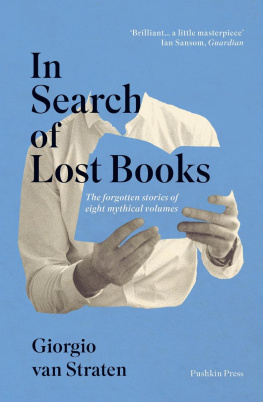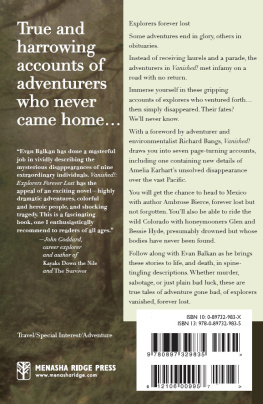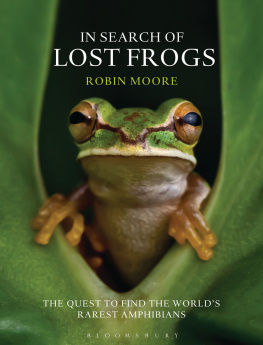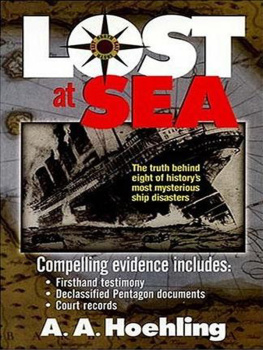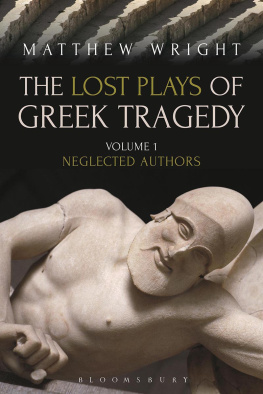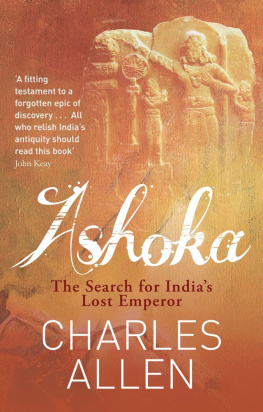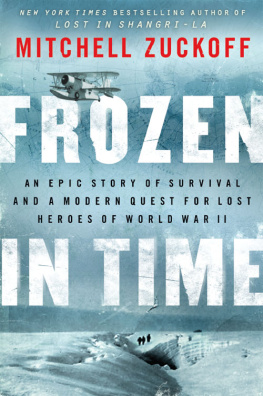T HIS IS MY JOURNEY in search of the traces of eight lost books as legendary as lode-bearing mines during the Gold Rush: everyone seeking them is convinced that they exist, and that they will be the one to find them, though in reality no one has certain proof of their existence, or reliable maps. In this case too, the clues are fragile, the hope of finding these pages scarce. And yet the journey is still worth undertaking.
Lost books are those that once existed but are no longer here.
They are not those forgotten books that, as happens to the majority of the works of mankind, gradually fade from the memories of those who have read them, slip from the histories of literature and then vanish, together with the existence of their authors. Books such as these can always be unearthed in some obscure corner of a library, or be re-printed by a curious publisher. Perhaps no one knows anything about them any longer. But they are still there.
Nor are they those books that were not even born: conceived, expected and dreamt of, but prevented for one reason or another from ever being written. In such cases we are also confronted by a lack, by a void that cannot be filled. But its one created by notional works which never actually materialized.
For me, lost books are those an author did in fact write, even if they might not have been brought to completion: books that someone has seen, or even happened to read, but which were subsequently destroyed, or vanished leaving scarcely a trace.
The factors leading to their disappearance are extremely diverse. These texts may have fallen under the guillotine of the authors dissatisfaction, in pursuit of a kind of perfection that was impossible to achieve. No doubt it could be argued that if the author was so dissatisfied then perhaps we would have been so too and that if certain contemporary writers were to experience such dissatisfaction with their own work, well, then we might all benefit from it. But then we find ourselves reading those books that someone has courageously rescued from the destructive will of an author works by Kafka, for instance, in the most well-known case of this kind and immediately realize how fortunate we have been that the writers intentions were not respected.
In other cases the void was created by circumstantial and historical factors above all during that conflict which spread everywhere without distinguishing between the battlefield and the home front, between combatants and civilians. Attempts to safeguard unpublished manuscripts during the Second World War, as we shall see, did not always turn out well.
In other instances it was censorship that intervened, including self-censorship, because the books involved seemed both scandalous and dangerous and not only in a metaphorical sense, since in certain European countries in the nineteenth and even the twentieth centuries, homosexuality was a crime severely punishable by law.
It has also happened that some act of carelessness or forgetfulness caused a fire, or led to a theft (one that hardly profited the unwitting thieves: what, after all, was all that used paper good for?), resulting in the loss of years worth of work and obliging an author to start all over again, if only they had the will and could muster the energy required to do so.
And then there are the wishes of the heirs and executors. In particular, those of an authors widow or widower determined to protect themselves or their children, or to safeguard the reputation of their husband or wife from incomplete as well as unpublished works, or to shield those persons still living who were recognizably portrayed in them.
In the eight cases that I will give an account of, there are examples of each of these factors leading to the disappearance of books. But the conclusion reached is always the same: the work searched for seems lost for ever, even though there is always a chance that someone, somewhere, at some time in the future
Every time I have chanced across the story of a lost book I have experienced something like the feeling that gripped me as a child when reading certain novels which spoke of secret gardens, of mysterious cable-cars, of abandoned castles. I have recognized the opportunity for a quest, felt the fascination of that which escapes us and the hope of becoming the hero who will be able to solve the mystery.
In those novels for children, the solution would invariably emerge towards the end of the book, obviously suggested by the author himself though it seemed to me at the time to have resulted from my own concentrated attention, from my own imagination.
Of these eight lost books I have not managed to find a single one, or at least not in the conventional sense of the word find. Only in the case related in the first chapter have I been in the position of actually being able to read one of these works before it was lost. Though even then I was not able to prevent its subesquent destruction.
Perhaps it is precisely because of this particular failure that I have decided to follow the clues towards other lost books, and to tell their stories, as if they were adventures. I first did this in a series of radio broadcasts, assisted by a few friends who were as passionate as I was about the authors and books chosen.
Together we explored the paths leading to their disappearance, consoled at least by the pages that had survived and that we could continue to read.
Later I decided to go back and retrace these same routes alone, as we do sometimes with places in which we have been happy, in the hope of recapturing the same feeling again as well as to see if some clue that we had mistakenly overlooked might offer new insight into what had really occurred there. I have no doubt continued to stumble in the dark. Yet as frequently happens when travelling alone, I have indeed noticed things I had failed to see when walking in the company of others.
Each lost book has its own unique story. Yet there are also certain details that establish peculiar connections between them between, for example, the cases of the Italian writer Romano Bilenchi and Sylvia Plath (an unfinished novel and a spouse who makes a fateful decision in the authors name); between Walter Benjamin and Bruno Schulz (born in the same year, both Jewish, both disappearing along with their last books during the Second World War), or between Nikolai Gogol and Malcolm Lowry (both wanting in their own way to write a Divine Comedy, both failing in the attempt). But what recurs most, with disturbing regularity, is fire. The fact that most of the lost works of which we are speaking were burnt reminds us of their essential fragility. For we are dealing here with a period the two centuries before our own during which it was only paper that permitted the preservation of words written by men and women. And as we know only too well, paper burns easily.
We might think that today it is rather more difficult to lose a book, and that the numerous virtual supports we rely on to preserve them precludes the risk of anything being definitively destroyed. Yet it seems to me that this very immateriality may in certain cases prove to be as precarious as old-fashioned paper, and that those vessels freighted with words, which we launch onto the waters, in the hope that someone will notice them and receive them safely into their own harbour, can disappear into infinite space like spacecraft at the edge of the universe, receding from us at increasing velocity.

